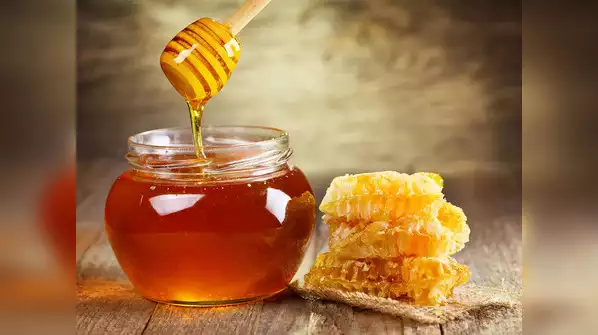In the world of gourmet honeys, Kiawe Honey and Manuka Honey stand out as two of the most sought-after varieties. Both are revered for their unique flavors and potential health benefits. But when it comes to choosing between the two, many honey enthusiasts find themselves at a crossroads. This article delves into the origins, health benefits, and uses of Kiawe Honey and Manuka Honey to help you decide which is better for your needs.
The Origins of Kiawe Honey and Manuka Honey
Understanding Kiawe Honey
Kiawe Honey is a unique variety produced from the nectar of the Kiawe tree (Prosopis pallida), which is native to Hawaii. This honey is often lauded for its pale, creamy texture and delicate floral taste. The production of Kiawe Honey is limited to specific regions in Hawaii, where the arid climate and volcanic soil provide ideal conditions for the Kiawe trees to flourish.
Key Characteristics of Kiawe Honey:
- Pale, creamy consistency
- Mild, floral taste
- Limited availability, largely Hawaiian
The Story Behind Manuka Honey
Manuka Honey originates from New Zealand and parts of Australia, where it is produced from the nectar of the Manuka bush (Leptospermum scoparium). Known for its rich, earthy flavor and dark, thick texture, Manuka Honey is especially famous for its antibacterial properties, which are attributed to its high concentration of methylglyoxal (MGO).
Key Characteristics of Manuka Honey:
- Dark, thick consistency
- Rich, earthy flavor
- High antibacterial properties
Comparing the Health Benefits
Why Choose Kiawe Honey?
Kiawe Honey is not just a treat for the palate; it also offers several health benefits:
- Rich in Antioxidants: Kiawe Honey is packed with antioxidants which help neutralize free radicals in the body, potentially reducing the risk of chronic diseases.
- Energy Booster: Due to its natural sugars, Kiawe Honey provides a quick energy boost, making it an excellent natural sweetener for active individuals.
- Digestive Aid: Its smooth consistency makes it gentle on the stomach and can aid in digestion.
The Health Powers of Manuka Honey
Manuka Honey is celebrated for its medicinal properties:
- Potent Antibacterial Agent: Thanks to its high MGO content, Manuka Honey is effective against a wide range of bacteria. It’s often used as a natural remedy for wound healing and sore throat relief.
- Immune System Support: Regular consumption of Manuka Honey can bolster the immune system.
- Digestive Health: Manuka Honey may help improve gut health by balancing the digestive system and reducing inflammation.
Uses and Versatility
Enjoying Kiawe Honey
- Culinary Delight: Use Kiawe Honey as a natural sweetener for teas, smoothies, or drizzled over fresh fruits and desserts.
- Beauty Treatments: Its gentle properties make it a popular ingredient in DIY face masks and skin creams.
Manuka Honey in Everyday Life
- Medicinal Uses: Apply Manuka Honey directly to minor cuts and burns for its healing properties.
- Dietary Enhancements: Add it to your diet for its robust flavor and potential health benefits.
Conclusion: Kiawe Honey vs. Manuka Honey
When choosing between Kiawe Honey and Manuka Honey, consider your primary needs and preferences. Kiawe Honey is ideal for those who appreciate a milder, floral taste and are looking for antioxidant-rich options. On the other hand, if you seek a honey with potent antibacterial properties and a bold flavor, Manuka Honey may be your go-to choice.
Call to Action: Explore both Kiawe Honey and Manuka Honey to experience their unique qualities firsthand. Implement these honeys into your daily routine and discover which variety best suits your lifestyle and health goals. Don't forget to share your experiences and let us know which honey emerges as your favorite!
In conclusion, both types of honey offer distinct benefits and can be treasured additions to a healthy diet. The choice ultimately depends on your taste preference and health objectives. So, why not try both and add a touch of natural sweetness to your life?
